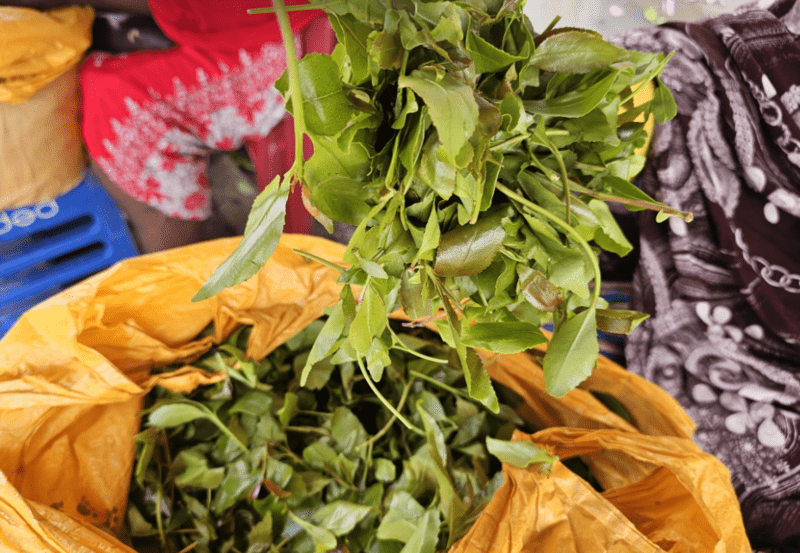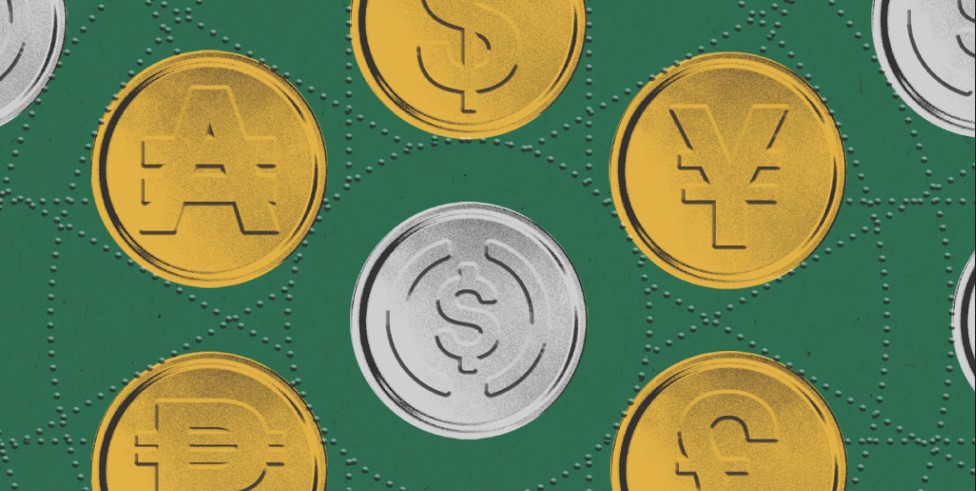Muguka overtakes Miraa as preferred stimulant in Eastleigh market

Prolonged use of khat has been linked to an increased risk of mental health problems such as anxiety, depression, and even psychosis.
Muguka is gaining popularity in Eastleigh, surpassing its cousin Miraa. Miraa, also known as Khat, was the most popular in Eastleigh for a long time and dominated the market with its twigs being chewed, but now, Muguka's leaves are taking over.
Fawzia Hamad, who has operated Miraa selling business along Third Street in Eastleigh for over six years, has now transitioned to selling Muguka.
More To Read
- Eastleigh boda boda riders adopt unique reflectors to boost safety, gain customer trust
- Eastleigh bustles with Christmas shoppers as holiday season kicks off early
- Tatu City hosts Muslim business community to explore new investment opportunities
- CS Kagwe announces policy overhaul for sugar, tea and miraa to protect farmers’ earnings
- Kenya exports up to 17 tonnes of miraa daily to Somalia, government confirms
- How community initiative is reviving Eastleigh’s cricket legacy
She says an increase in demand for Muguka compared to Miraa among customers has made her shift to Muguka.
"I stopped selling Miraa last year; everyone now buys Muguka. It is popular here, and that is why I shifted to it," said Fawzia.
Her sentiments are echoed by Alex Mbece, a Muguka seller with a decade of experience.
He attributes Miraa's decline to Muguka's potency and stimulant effects. "Muguka is more stimulant compared to Miraa, that is why it's now popular and has more customers," he said.
One of the driving factors behind Muguka's rise is its affordability. While a bunch of Miraa twigs, known as Surba in Eastleigh, can cost around Sh300, Muguka can be purchased for as low as Sh50. This significant price difference has made Muguka affordable to a broader range of consumers, particularly to the youth.
 Fawzia Hamad selling Muguka along Third Street in Eastleigh. (Photo: Abdirahman Khalif)
Fawzia Hamad selling Muguka along Third Street in Eastleigh. (Photo: Abdirahman Khalif)
Joel Mwangi, who has been selling Miraa for 18 years on 10th Street, emphasizes the impact of Muguka's affordability on its popularity in Eastleigh.
"They are buying Muguka because it's cheaper," he said.
This sentiment is shared by Siyat Oyow, a former Miraa user who switched to Muguka recently due to its lower price and increased potency.
"I started with Miraa but now I only use Muguka because it's cheap and more stimulant," said Siyad.
Moreover, the changing demographic of Muguka consumers is also contributing to its high popularity. Fawzia notes that more women are now chewing Muguka compared to Miraa, further boosting its demand and market presence.
"More women chew Muguka nowadays, making it popular," said Fawzia.
Early this month, Meru Miraa farmers and traders called on the government to revitalise Miraa business as prices went down.
In the past three months, the farm gate prices for Miraa have plummeted from Sh50,000 per 100kg bag to Sh15,000, leading to an outcry among farmers.
 Muguka on sale in Eastleigh. (Photo: Abdirahman Khalif)
Muguka on sale in Eastleigh. (Photo: Abdirahman Khalif)
About Khat
Khat, also known as qat or Catha edulis, contains a stimulant called cathinone that can have psychoactive effects, similar to those of amphetamines when chewed.
Alcohol and Drug Foundation describes amphetamines as stimulant drugs, which means they speed up the messages travelling between the brain and the body.
It is banned in several countries, including the UK, most European Union countries, the US, Canada, and Tanzania, primarily due to concerns about its potential for abuse and negative health effects. Even in Kenya, where it is grown and widely used, the NACADA has described it as a dangerous drug.
Under international drug control regulations, khat is classified as a controlled substance in accordance with conventions such as the United Nations Single Convention on Narcotic Drugs. Countries that are signatories to these conventions are obligated to regulate or prohibit the production, distribution, and use of khat.
There are significant health concerns associated with the use of khat. Khat chewing can lead to various health issues, including insomnia, anorexia, constipation, gum disease, and cardiovascular problems. Prolonged use of khat has been linked to an increased risk of mental health problems such as anxiety, depression, and even psychosis.
Khat can lead to psychological dependence. Regular users may develop a tolerance to the effects of khat, resulting in increased consumption and potential addiction.
Top Stories Today












































